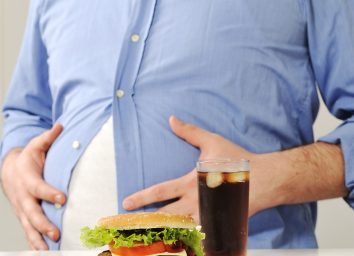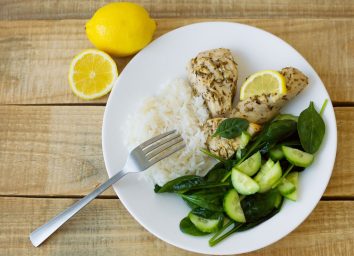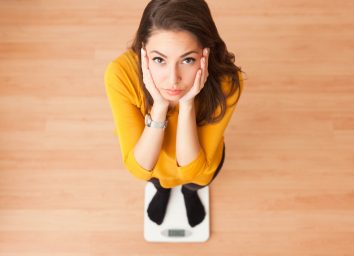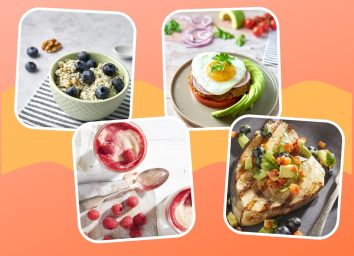15 Hidden Reasons Your Weight Loss Diet Failed
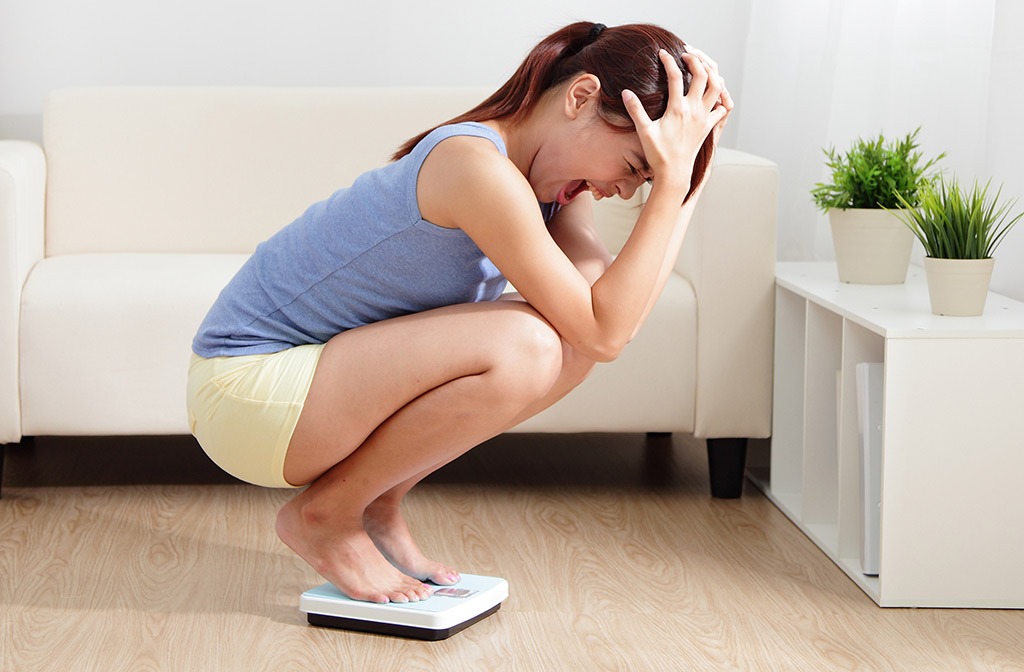
Unlike a surprise pimple that abruptly appeared on your face right before your big presentation, weight loss doesn't happen overnight. That being said, if you've been cutting calories, swapping fried chicken for kale, and upping your gym time for some time now, you should start to see some progress. But if your scale hasn't budged for weeks, you might have resigned to calling off your effort as a weight loss fail. Instead of giving up entirely, at least you're trying to figure out why diets fail in the first place.
When you aren't able to lose weight, the root of your failure likely lies in your daily routine. Dieters will often change the foods they eat, but little else. Without establishing better habits or getting rid of lingering habits that are stunting your pound-stripping progress, your diet is destined to fail.
Good news is, we're here to help. Read on to learn about common reasons why diets fail and how to overcome them for good.
You're Overeating Healthy Foods
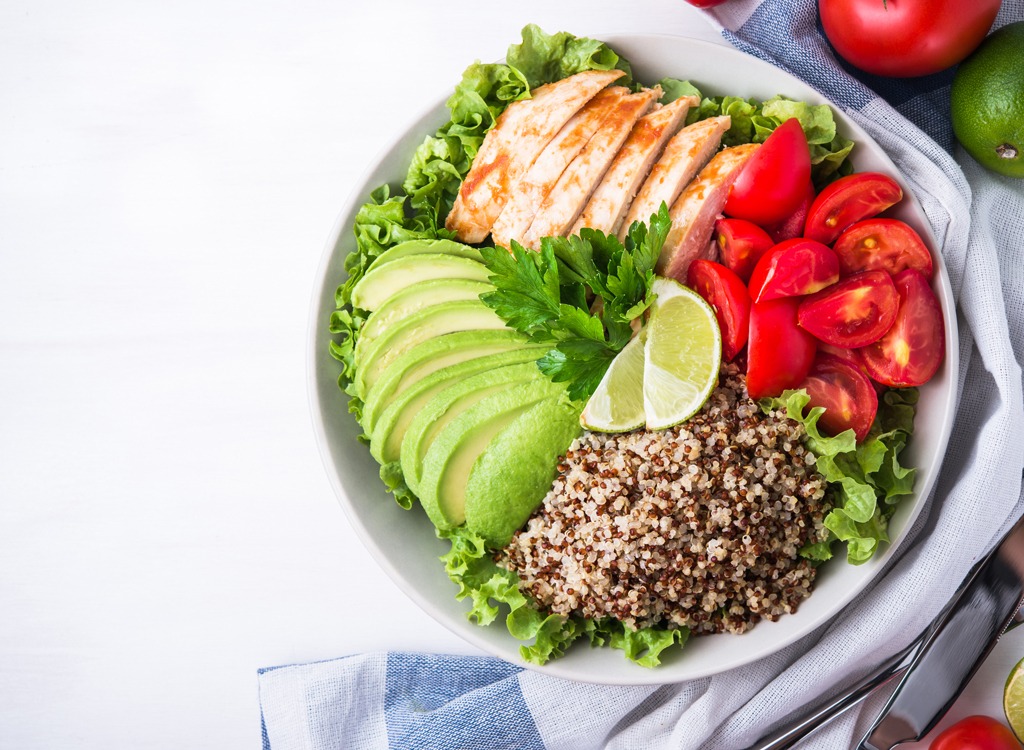
Just because a food is "healthy" doesn't give you free reign to eat as much of it as you want. In fact, many of the nutritious foods you starting adding to your diet—like avocados, dark chocolate, nuts and nut butters—can actually lead to weight gain when eaten in excess. It all boils down to calories: each of these foods can be good for you, but they have a high energy density that can flood your system with more macronutrients than you need at one time, leading anything in excess to be stored as fat.
Eat This! Tip:
Take note of recommended portion sizes before eating. (It may come as a surprise, but a proper portion of avocado is only ⅕ of the fruit!) And while we're on the subject, don't miss these 25 "Healthy" Habits That Make You Gain Weight.
You're Hooked on Microwave Meals
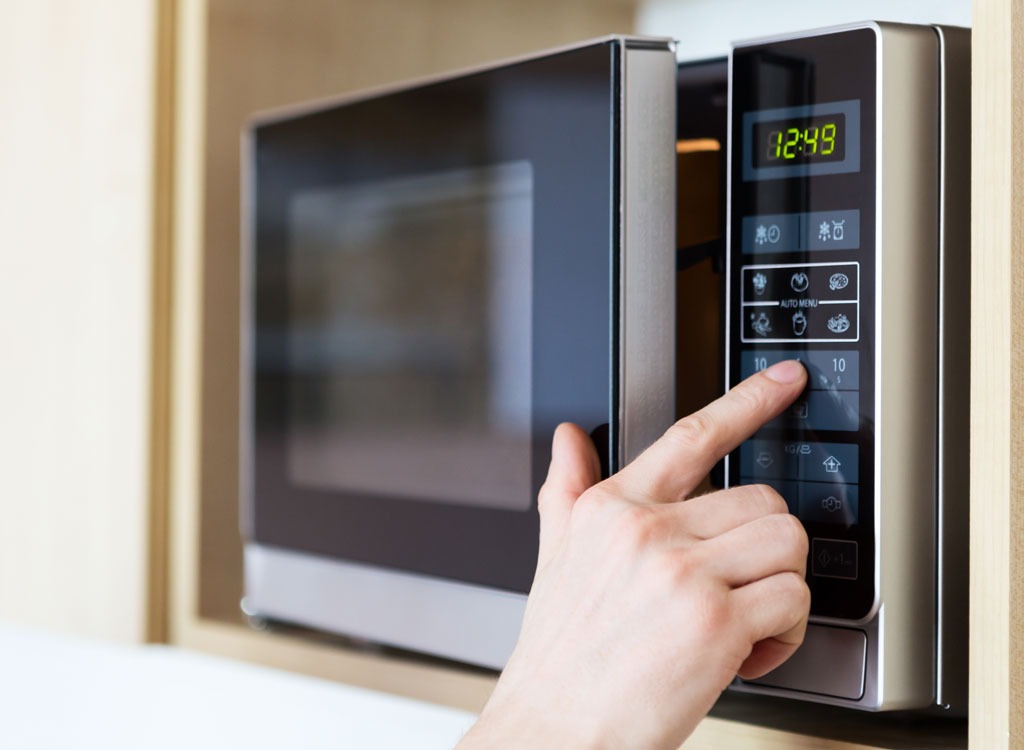
The convenience factor is great, but these microwave meals are often loaded with one belly-busting ingredient: sodium. It won't just make you bloated; in fact, Queen Mary University researchers found that for every extra gram of salt you eat in a day—what you'd find in those tiny restaurant salt packets—your risk of obesity climbs by 25 percent. Experts speculate that sodium alters our metabolic efficiency, changing the way in which we process fat, and causes us to pack on the pounds. So, do yourself a favor, and ditch the diet meals.
Eat This! Tip:
One of the most-cited reasons people turn to microwave meals? Convenience. If you don't have time to cook dinner every night, consider prepping your dishing in advance by utilizing these 25 Tips for Meal Prep.
You Don't Sleep Enough

Without the proper sleep, eating smart and working out isn't enough to produce long-term weight loss. That's because people with shorter periods of sleep have higher BMI levels and larger waistlines, according to an International Journal of Obesity study. Experts believe the connection between weight gain and sleep deprivation comes from the fact that a lack of shut-eye can increase levels of your body's stress (and fat-storing) hormone cortisol as well as sabotages the efficiency of your hunger-regulating hormones. Sleep deprivation also interferes with workout recovery, which makes it challenging to give it your all every time you hit the gym and can slash your potential calorie burn.
Eat This! Tip:
Not only is it important to get 6-8 hours a night, but it'll help if you get into a set routine. Start by trying The Sleep Diet.
You're Not Eating Enough
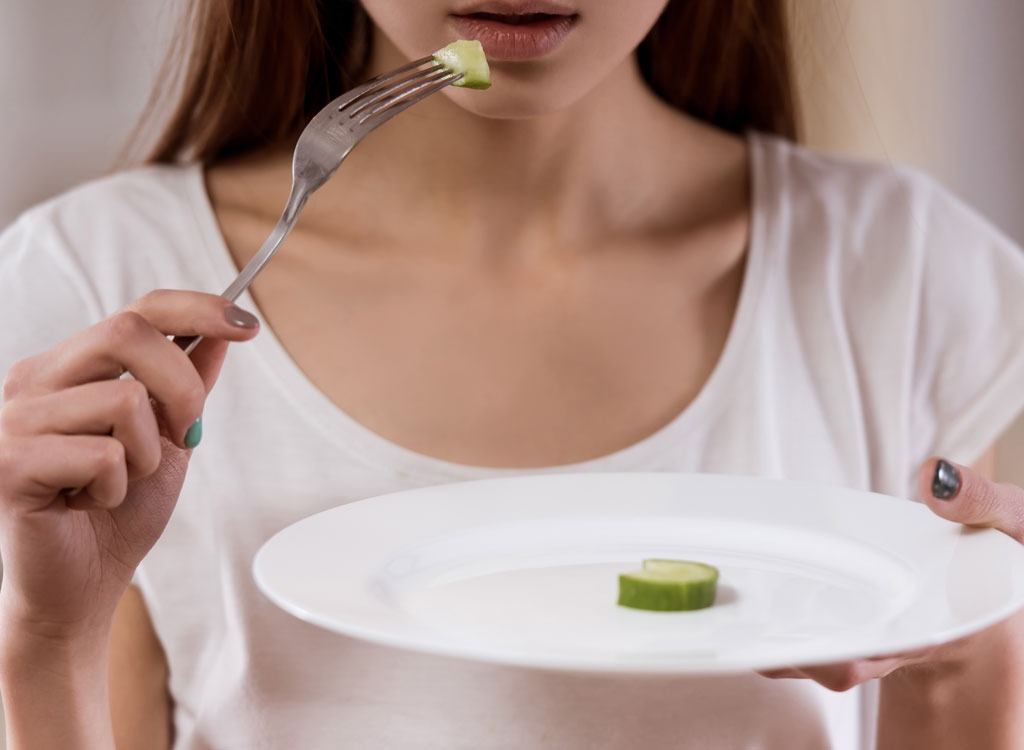
It sounds like it would help, but under-fueling is actually just as risky as over-fueling, Lisa Moskovitz, RD, CDN tells us. "In an attempt for quick, noticeable weight loss, many people wrongfully believe that eating as few calories as possible is the best solution. Not only can this lead to numerous nutritional deficiencies as the body is getting less food overall, it can actually have the opposite effect on weight loss," Moskovitz explains. The problem is that when you severely reduce calorie intake, the body holds onto fat and uses muscle stores as energy, which can slow metabolism.
Eat This! Tip:
Need help setting up a diet-friendly meal plan? Look no further than our Healthy Meal Plan for a Flat Belly.
You Haven't Cleaned Out Your Pantry
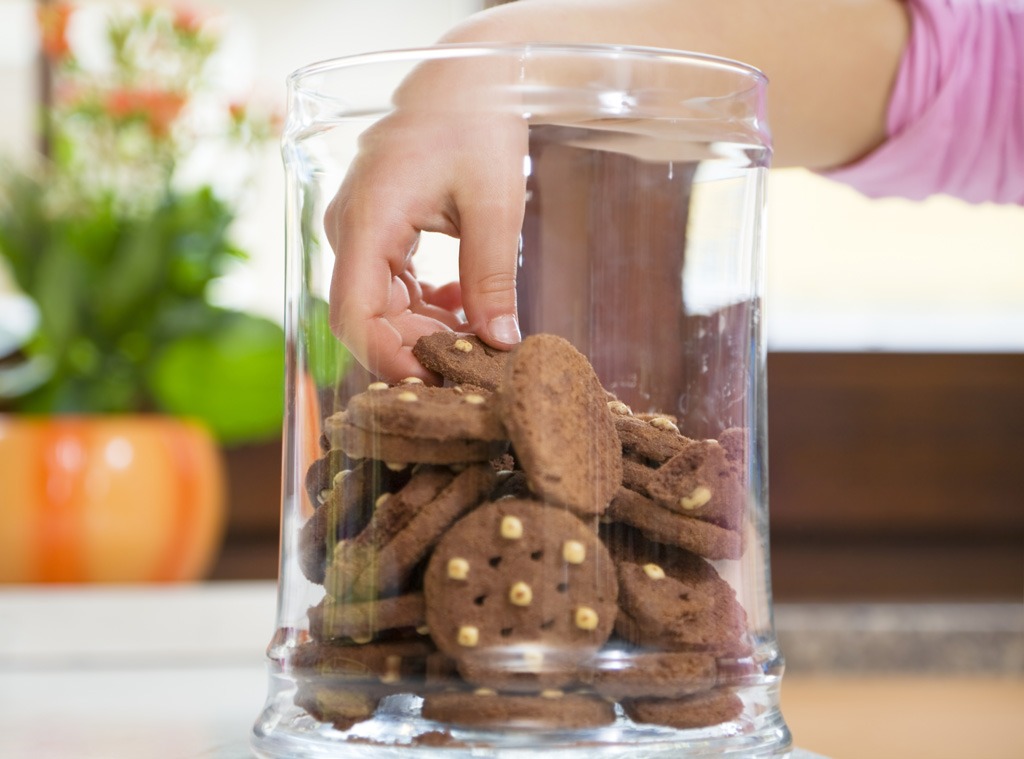
Every successful diet routine should start with one thing: cleaning out your existing pantry. It's not just to make room for healthier options; it's also to get rid of the diet-destroying temptations lurking in the back of your dry storage. When you can't see 'em, and you don't have 'em, you can't eat 'em. And you'll be forced to take a trip to the store if you still crave 'em.
You're Too Strict
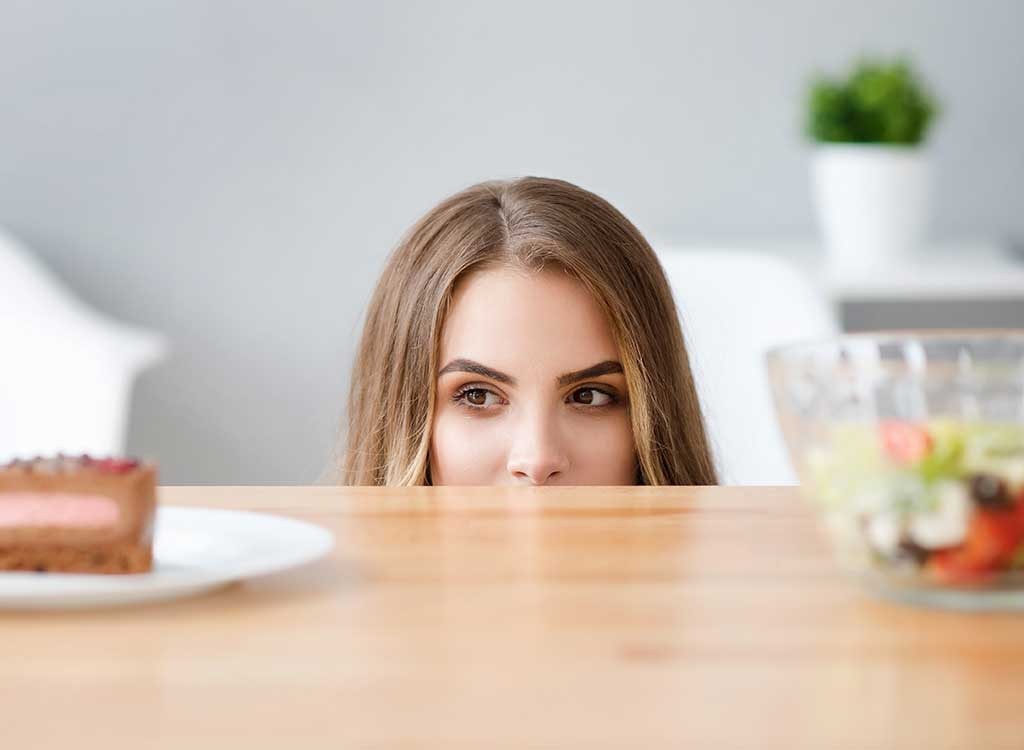
"If you're craving something that you know isn't the best bet for your weight loss goal, don't totally cut it out," explains Lashaun Dale, VP of Content & Programming at 24 Hour Fitness. He goes on to explain that cutting out cravings "will only make you feel restricted and derail your efforts later down the road." How many times have you broken your diet and then given yourself a free pass to just waste the rest of the day? Giving yourself more leeway can prevent spiraling out of control.
Eat This! Tip:
Instead of restrictions, Dale recommends making an "x" then "y" play: For example, tell yourself: "If I have candy tonight, then I must have it with 2 glasses of water" or, "if I skip the gym, then I must take 10 minutes out of every hour to do push ups and jumping jacks."
You're Not Drinking Enough Water
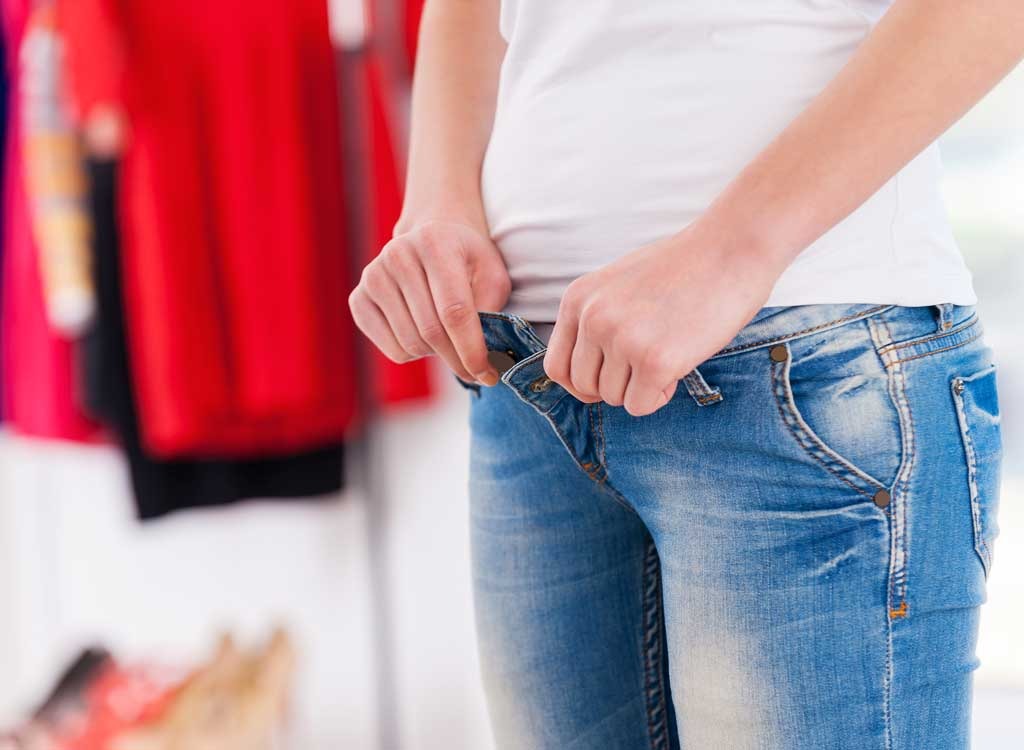
Surprising, but true: Your heavy weight isn't just fat. It can also be water weight. If you've been eating a particularly high-sodium diet, your body retains water more readily, which can be keeping your scale stagnant.
Eat This! Tip:
Although drinking more water seems counter-intuitive, hydrating actually helps your body flush out that extra water weight and de-puff.
You Rely on Diet Drinks
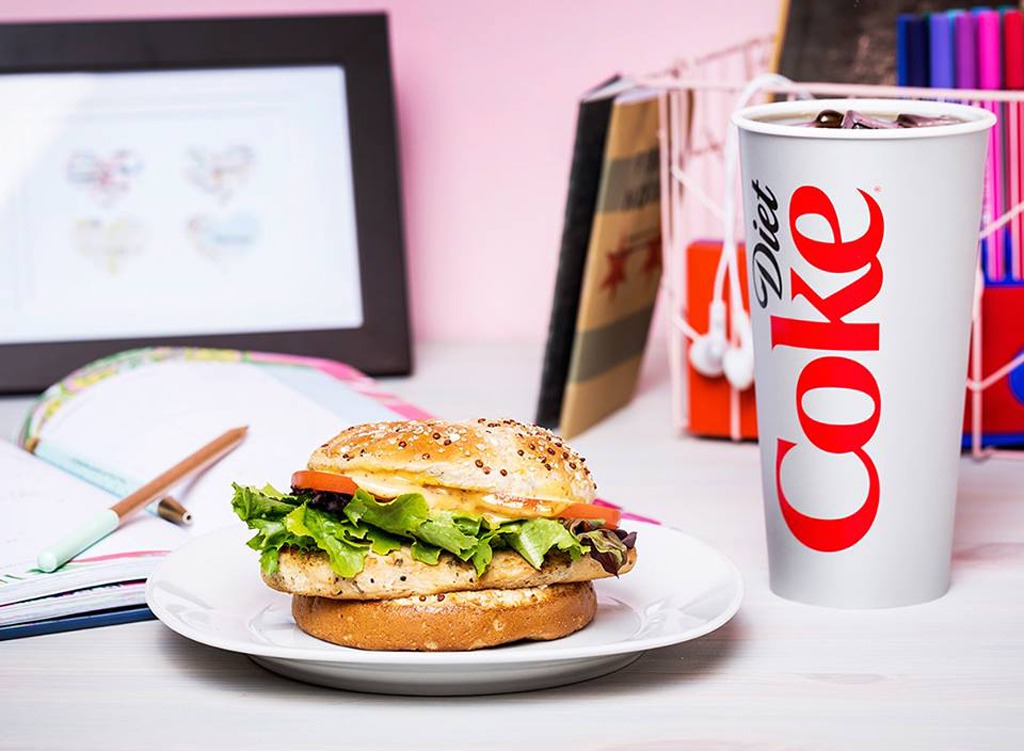
Photo courtesy of Facebook, Diet Coke
You'd think that cutting out sugar and calories would be better for weight loss, but the long-term effects of diet drinks are the exact opposite. A Yale Journal of Biology and Medicine study found that artificial sweeteners found in soda and other diet foods, like some low-cal flavored yogurts, might cause increased cravings for sweets like cookies and cake. Other studies have connected the artificial sweeteners to decreasing levels of the inflammation-fighting probiotics that live in your belly. It's not all science, though: when you never truly cut out your indulgences, the more likely it is you'll eventually cave to temptation.
Eat This! Tip:
Nix the artificial stuff and stick with whole, natural foods to further fuel your weight loss. Why not try one of these 15 New Healthy Soda Alternatives.
You Don't Have a "Why"
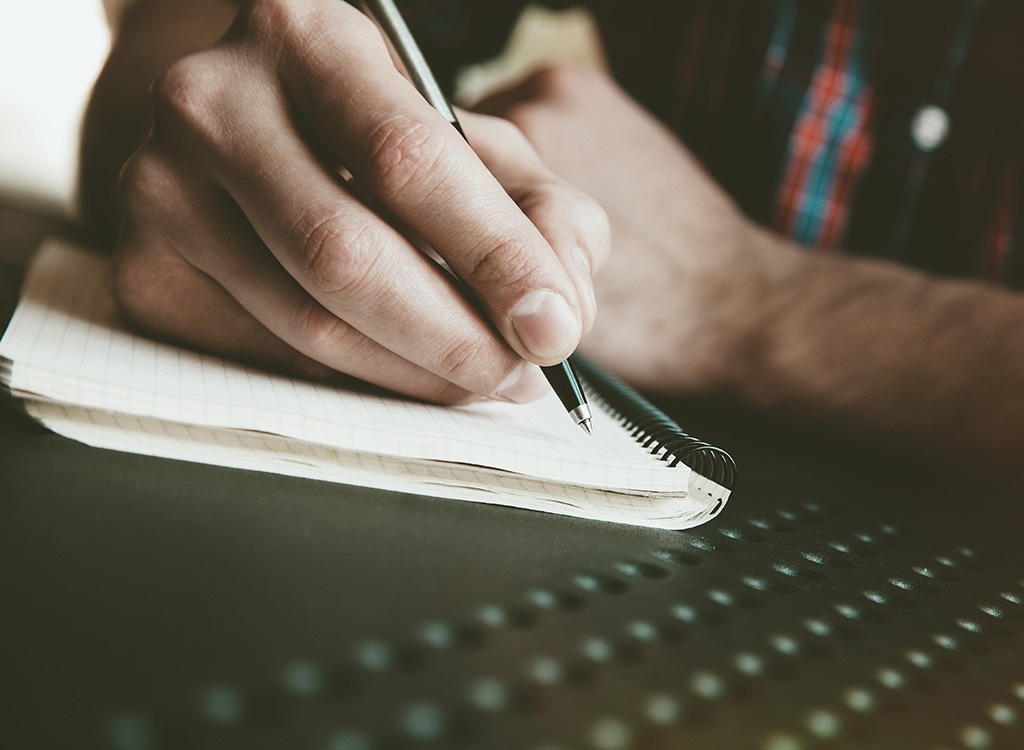
Many people start a diet without a plan and without the proper motivation. In fact, some of the most popular reasons people begin to lose weight are external or based on short deadlines: to look good for bikini season or a wedding. One of our favorite tips from these 15 Weight-Loss Tips from Real People Who Lost Over 50 Pounds comes from Kate: "When you decide that you want to lose weight for yourself […] it is a much more powerful and strong source of motivation and one which will last a lifetime."
Eat This! Tip:
Motivation needs to come from within. If you're struggling to seek motivation, don't miss these 33 Reasons You Should Lose Weight—Besides Fitting Into Your Old Jeans.
You Only Eat Three Meals A Day

Think you have to stick to three square meals a day to lose weight? That's not the case. Don't feel like you have to wait until a meal to eat. While it may seem counterintuitive, eating more often can help you kick those extra pounds to the curb, explains Dr. Sean M. Wells, personal trainer.
Eat This! Tip:
Dr. Wells recommends "eating two 200-calorie snacks between meals that have at least 10 grams of protein and five grams of fiber." For example, two hard-boiled eggs and a pear will fit the nutritional bill. "This type of snack will provide the nutrients you need and stave off cravings that can slow your weight loss efforts."
You Snack On Empty Carbs
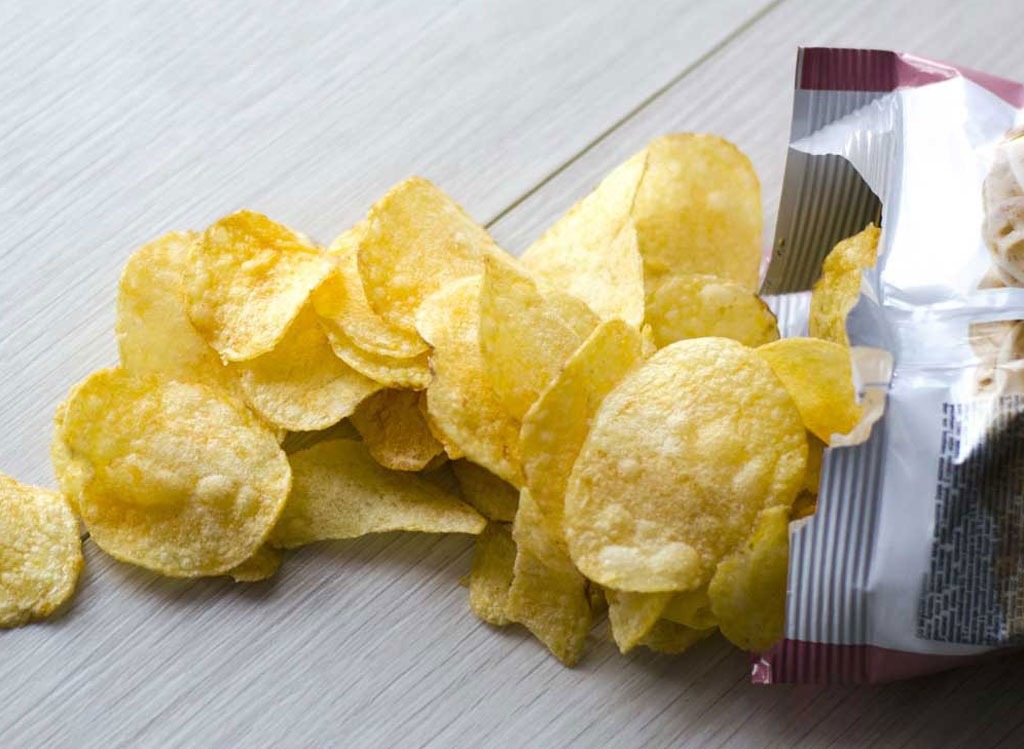
Chips, pretzels, cookies, and white bread, oh my! Starchy, sugar-laden carbs like these are void of any satiating ingredients—like fiber, healthy fats, or protein—so they won't keep you full (and may have you coming back for seconds).
Eat This! Tip:
Consume less sugar, fewer carbs, and more protein-rich foods to feel fuller longer and to eat fewer calories throughout the day. Start by restocking your snack drawer with some of these 20 Best Low-Carb, Packaged Snacks for Weight Loss. Many are high in protein: a macronutrient that helps prevent the breakdown of muscle as you lose fat, which will, in turn, help you maintain muscle mass and burn more calories at rest.
You're Never Focused On Your Food

Do you scarf down your lunch while finishing up a work assignment? What about shoveling dinner into your mouth while catching up on your favorite TV show? It's all too common nowadays, but eating while distracted can cause you to overeat—even if what you're eating is "healthy." British researchers discovered that people who ate in front of the TV consumed up to 25 percent more calories than those who dined without stimulation.
Eat This! Tip:
Mindfully eating your meal will help you not only enjoy it more, but it will also help you to pay attention to your body's satiety signals.
You Eat the Recommended 2,000 Calories a Day
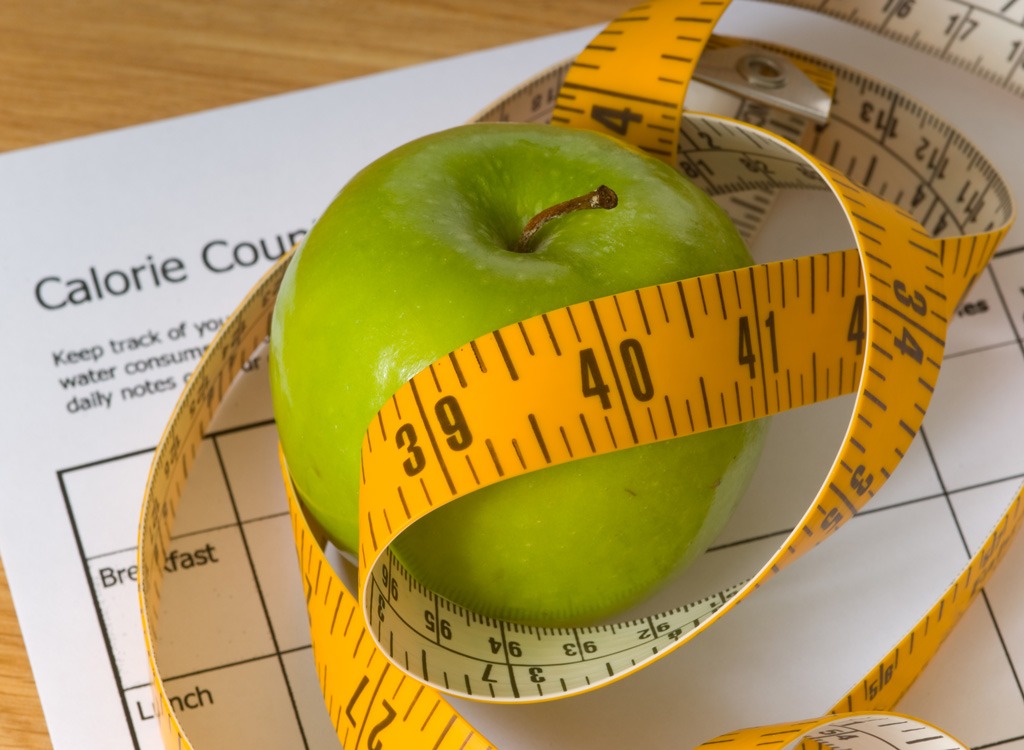
Sorry, but not everyone should consume 2,000 calories a day. This number is a rounded—and somewhat arbitrary—number selected by the FDA based on self-reported surveys from nearly 30 years ago. Your daily values may be higher or lower depending on your weight, sex, age, height, and activity level. Eating too few or too many calories could derail your weight loss wins.
Eat This! Tip:
To find out how many calories you actually need to eat each day to lose weight, check out the Body Weight Planner.
You Never Find Time To Relax

When was the last time you haven't felt stressed out? It's not just you. Between your career, family, and personal life, stress is pervasive in our culture. The issue is that stress doesn't just make you want to pull your hair out; it can also stifle weight loss by forcing the food you eat to be converted to fat rather than used as fuel. That's because long periods of stress can cause an increase in the stress hormone cortisol. Although it's necessary to regulate blood pressure and fluid balance, cortisol also causes your body to store food as belly fat.
Eat This! Tip:
Stress isn't something that magically disappears, but you can help get it under control through exercise, meditation, or eating the right foods: check out How to Relax So Healthy Eating Works.
You Think About Working Out a Lot

There's no denying that working out is an important weight loss factor, but oddly enough, the act of thinking about your upcoming sweat session can actually make it harder to drop pounds and is one of the reasons why diets fail. Research indicates that when rows and ellipticals are on the brain, people consume more calories in the time leading up to the workout—likely because they assume they'll burn it when they sweat it out. Unfortunately for the average gym rat, this is hardly ever the case.
Eat This! Tip:
A simple solution is to work out in the morning! That way you have less time in the day to over think your eating schedule. Follow up your iron-pumping routine with The Best Breakfast for Your Body Goals.
